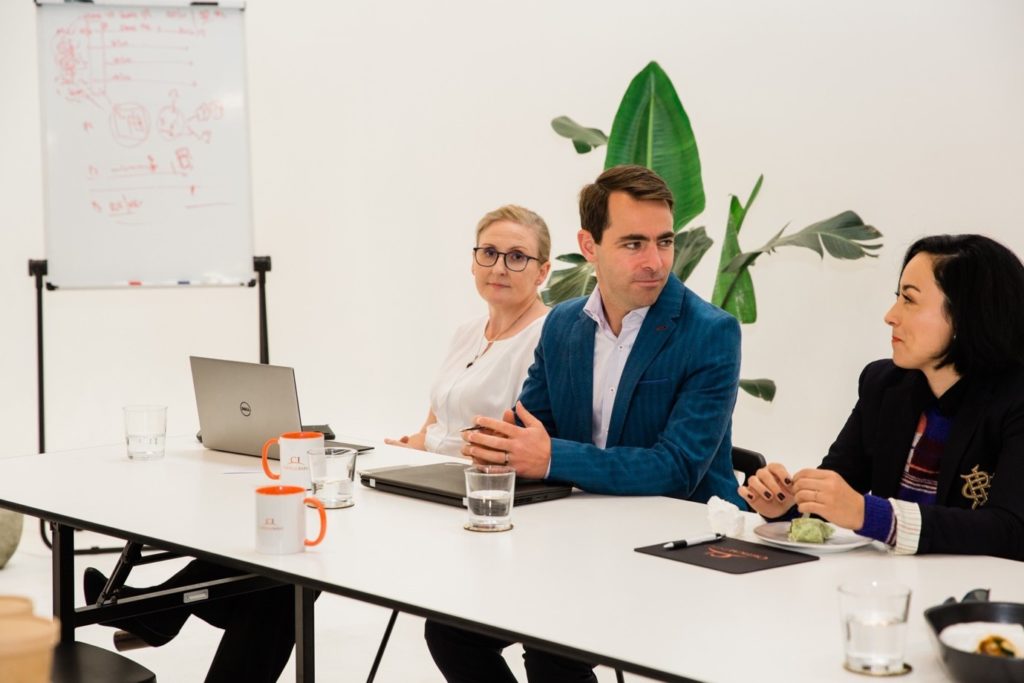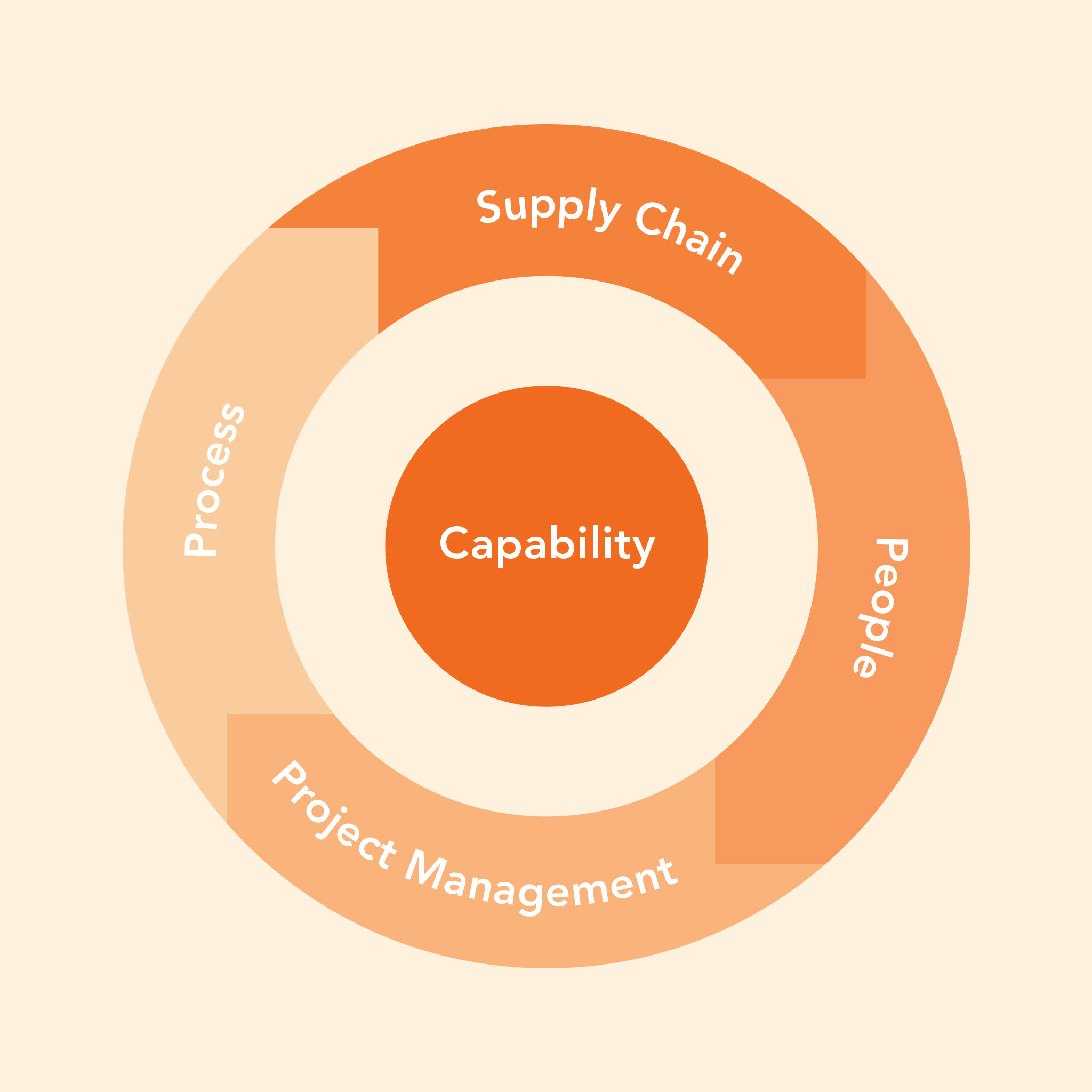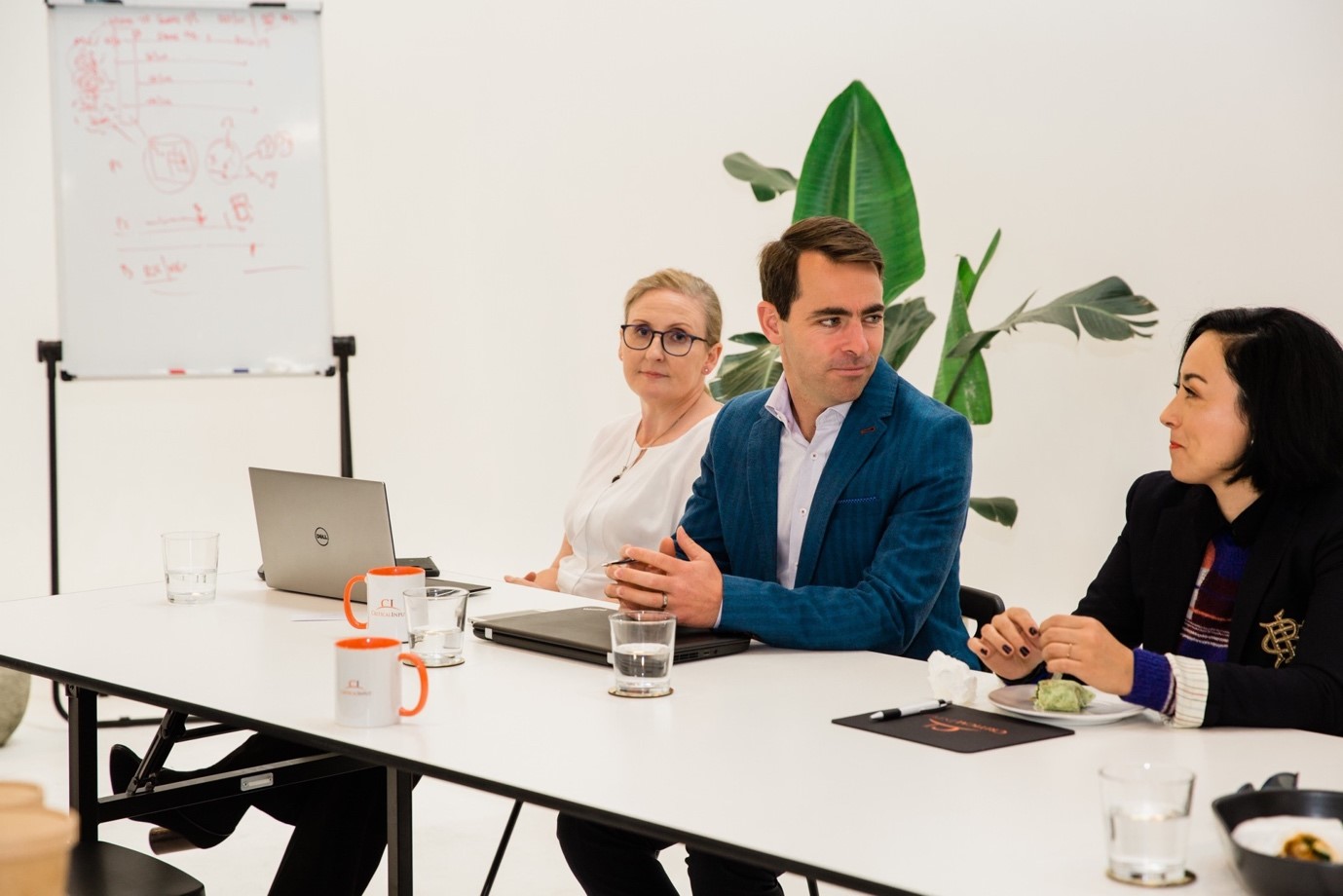Part 2: Top tips for mentor-mentee success

In Part 2 of this two-part series, Critical Input Senior Consultant Chris Bevin delves into the mentor-mentee relationship and how to form one, and why you should.
Chris has been a mentor through the Australian Institute of Project Management (AIPM) for two years, and offers these top five tips for mentor-mentee relationships:
1. Set goals. Have some plan on what you’re hoping to achieve through the mentoring program, and to get out of each mentoring session. It’s important to communicate a broad agenda or framework ahead of each appointment.
2. Have clear rules and guidelines. Understand the time commitment, responsibility for setting up sessions, means of communication – are you meeting face-to-face (following social distancing guidelines)? Using Skype? Talking over the phone? Is the mentor is available for unscheduled sessions?
3. Communication needs to be honest. Everybody communicates differently and has different expectations. These need to be agreed upon and understood at the outset to remove confusion. It’s critical that both mentee and mentor feel they can communicate openly and honestly.
4. Mentoring relationships need to be confidential. It’s important for the mentee to feel secure knowing the mentor will maintain confidentiality (unless agreed otherwise).
5. Be present. When you’re in a mentoring conversation, switch off phones and remove distractions. It’s tempting to multi-task especially during a Skype or phone meeting, but it’s important that both the mentor and mentee are committed to their time together. Come prepared and be truly present.

When seeking a mentor, Chris advises looking for someone with the skills, attributes or capabilities you’d like to build and emulate.
“A number of professional organisations, such as the Australian Institute of Project Management (AIPM), run structured out-of-house mentoring programs that can be invaluable in locating a mentor outside your immediate network,” Chris said.
“A good mentor is willing to provide guidance and support and alternative ways of looking at things, wherever the mentee is at within their own professional journey.”
The mentor doesn’t need to be all things to all people, but should possess capabilities that would benefit you as a mentee.
“That person needs to be willing to guide you and help you gain access to the resources, skills, and competence you’re looking for,” she said.
“Be honest and upfront about what you’re trying to achieve from the relationship, both for yourself and the person you’re approaching for mentoring.”
About Critical Input
Founded in 2005, Critical Input is a consultancy service offering process improvement and supply chain and project-management activities. It works in sectors from water and energy, to mining and heavy industry. At the centre of everything are three principals: Process, because without process, there is no destination; people, because without buy-in, there is no evolution; and principles – because integrity is everything.
Critical Input’s Managing Director Tim Griffiths has handpicked a team that can provide the right resources, the right skill set and the right mindset. Each one is senior in their experience, so they can hit the ground running on clients’ projects. Critical Input takes a simple approach to allow organisational enablers – both people and processes – to improve activities. We see that as critical – hence the business name.
“The name ‘Critical Input’ was inspired by the projects I was working on before forming the company. I’d name those projects ‘critical inputs’ to the business because I was managing, say, a mining activity’s major ‘critical inputs’ – power, water, fuel, tyres. So, the activities we look at around people and process and putting those together, within the supply chain and project management technical activities, form the critical inputs.” -Tim Griffiths





